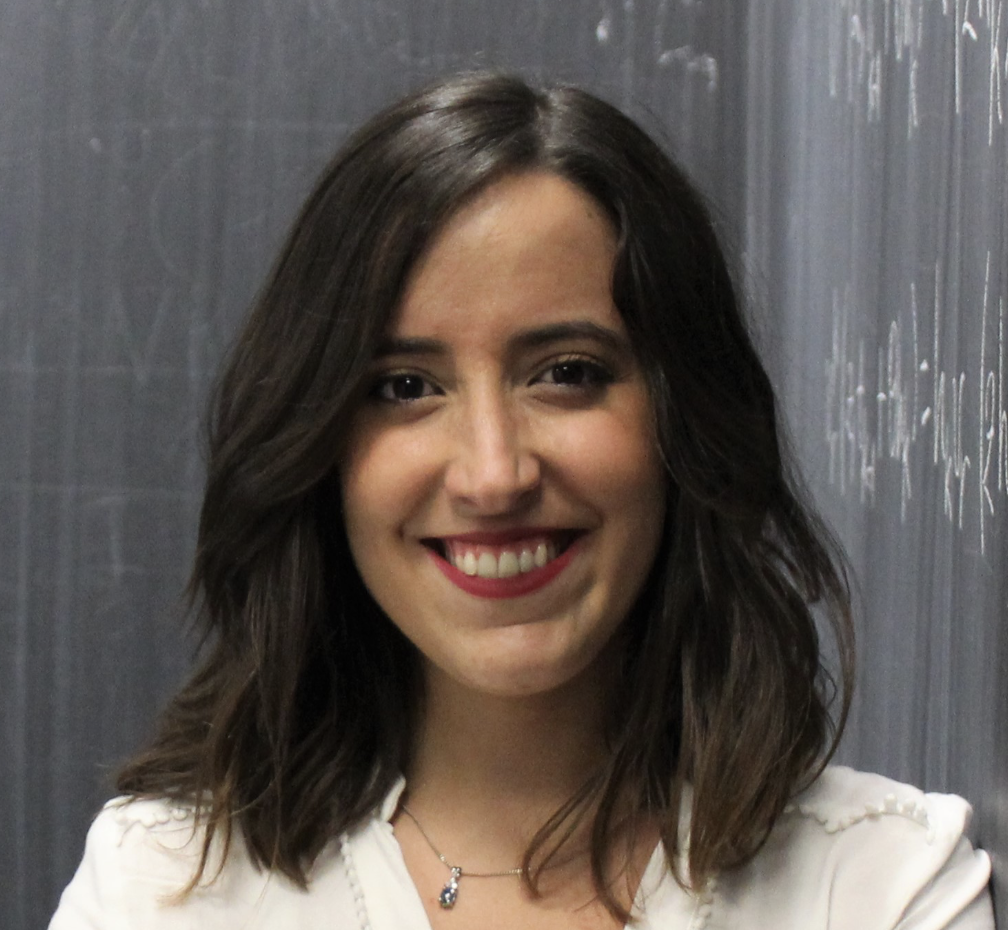Past Event: Oden Institute Seminar
Judit Munoz Matute, Oden Institute
3:30 – 5PM
Tuesday May 14, 2024
POB 6.304 & Zoom
The Discontinuous Petrov-Galerkin (DPG) method with optimal test functions in a well-established numerical method that guarantees discrete stability in the simulation of challenging Partial Differential Equations (PDEs). In this talk, I will give an overview of how to apply the DPG method to the time variable in general systems of Ordinary Differential Equations (ODEs) obtained after semi-discretization in space of linear and nonlinear PDEs.
In the first part of the presentation, I will focus on our construction of DPG-based time-marching schemes for linear problems and their relation to classical exponential time integrators. We developed these schemes by considering an ultraweak variational formulation in time and computing the optimal test functions analytically. Considering a variational formulation in time has several advantages: it allows us to compute an optimal approximation of the solution in the time element interiors, we can derive a posteriori error estimations to perform adaptivity, and it sets the basis to derive goal-oriented adaptive strategies.
The DPG-based time-marching schemes require the computation of exponential-related functions of the matrix coming from the discretization of the operator in space. We introduce an algorithm to speed up the computations of these functions when the matrix related to the spatial operator has a Kronecker sum structure. The method is based on quadrature rules to approximate the integral form of the exponential-related functions combined with a scaling and modified squaring method. The numerical results show that our method is accurate and orders of magnitude faster than the current state-of-the-art.
Finally, I will present our last work on how to extend the DPG-based time-marching scheme to derive a new family of nested high-order multistage methods for nonlinear problems. We employ a linearization of the problem that requires the computation of exponential actions of the Jacobian matrix that change from time step to time step. The key point of our construction is that one of the stages can be post-processed from another one without an extra exponential step, which makes the methods computationally efficient.
The work presented here is joint work with Prof. Leszek Demkowicz, Prof. David Pardo, and Dr. Matteo Croci.
Judit Muñoz-Matute is a postdoctoral fellow at the Basque Center for Applied Mathematics (BCAM) in Bilbao, Spain, under a H2020 Marie-Curie Global Fellowship. Since January 2021, she has been a visiting postdoctoral researcher at the Oden Institute, working with Prof. L. Demkowicz. During her career, she has published 20 research articles and delivered over 35 presentations in international conferences, seminars and workshops. In 2020, she was awarded the Vicent Caselles Mathematical Research Award by the Royal Spanish Mathematical Society. She is currently the PI of BCAM of a Horizon Europe MSCA Doctoral Network to supervise PhD students on Deep Learning methods to solve PDE models for different applications. Recently, she has been selected as a member of the European Mathematical Society Young Academy (EMYA).
